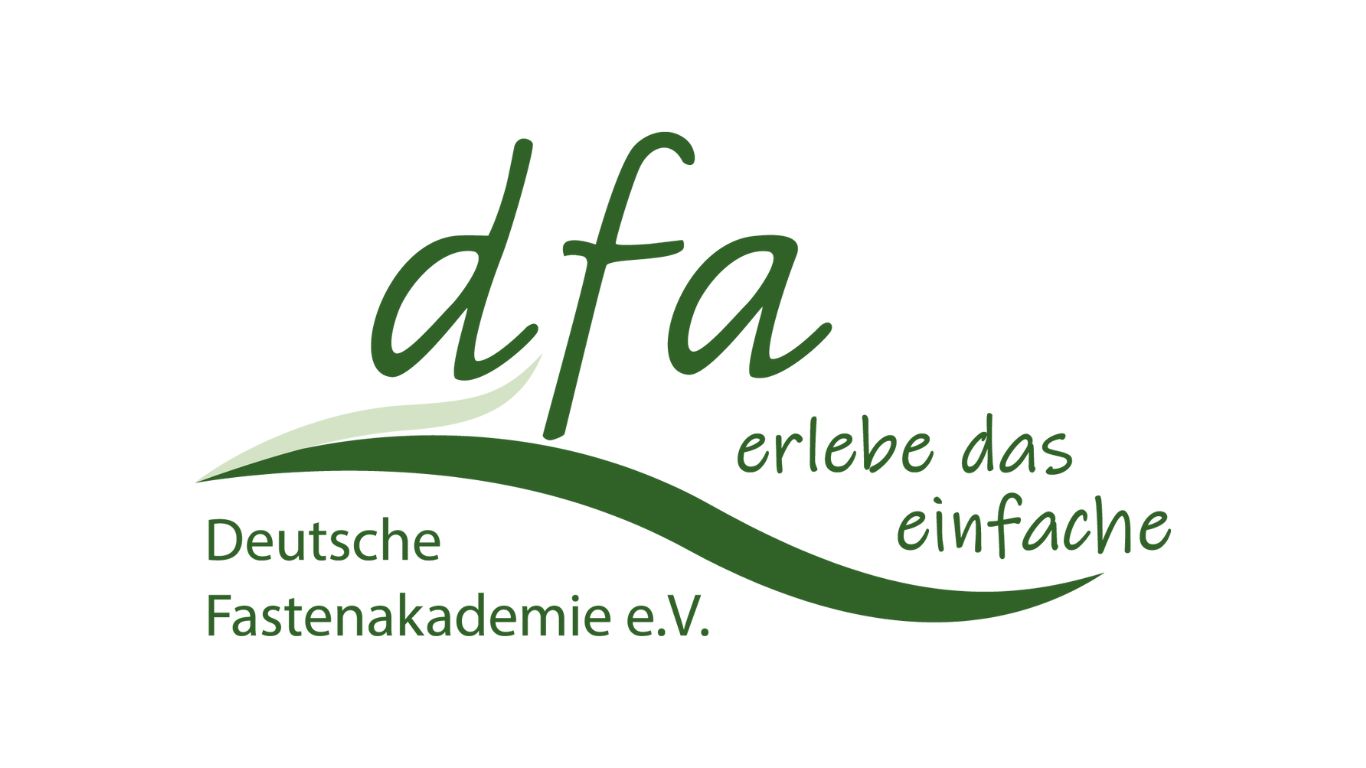RESET YOUR BODY, MIND & SOUL
Authentic Buchinger Fasting Retreats in Vietnam
A structured, science-informed reset for body and mind. Holistic, small-group retreats designed for clarity, balance, and long-term health.
Authentic Buchinger Fasting Retreats in Vietnam
A structured, science-informed reset for body and mind. Holistic, small-group retreats designed for clarity, balance, and long-term health.

Xin chào and hello!
We are Dieter Buchner and Truong Tan Hoan, nature enthusiasts and co-founders of Vietnam Detox. United by our love for healthy living and hiking, we launched Vietnam Detox in 2016, bringing the renowned Buchinger Fasting Method from Germany to Vietnam, and blending it with traditional Vietnamese rituals of wellbeing.
Our retreats embody a holistic approach, combining the best of two cultures to help you reconnect with nature, embrace movement, and achieve lasting vitality.
Join us on a transformative journey where international expertise meets cherished local traditions, all inspired by our own pursuit of health in the great outdoors.
We personally guide you through your fasting journey with care, understanding, and professional expertise. Dieter Buchner, co-founder of Vietnam Detox, draws on 15 years of Buchinger Fasting expertise to guide your wellness journey. Certified by the German Fasting Academy, Dieter brings proven methods to Vietnam’s most beautiful retreat locations.
We build each program according to globally recognised standards, prioritising your safety, comfort, and personal transformation. We make sure you can focus on your wellbeing, not logistics; providing pre-arrival wellness guidance, attentive support during your stay, and ongoing coaching throughout your fast.
Whether you are new to fasting or returning for deeper healing, you benefit from one-on-one coaching, a nurturing retreat environment, and a team that cares about your experience.

Discover tranquillity at An Retreat, set within the sacred mountains of Legacy Yen Tu MGallery. Centred on the theme of “An” (peace and balance), this retreat immerses you in Zen meditation, mindful fasting, and practices that foster deep spiritual connection. Experience guided nature walks and contemplative rituals that restore clarity and inner harmony. An Retreat is ideal for those seeking renewal through spirituality, community, and a profound sense of calm inspired by Yen Tu’s storied landscape.

Our Buông Retreat takes place at Le Ba Dang Memory Space, a contemporary art museum in Hue that inspires personal transformation through creativity. The theme of this retreat is “letting go”; shedding stress and fostering mental clarity. Engage in yoga and movement practices that reconnect you with your body, and participate in art-focused workshops designed to unlock creative flow and self-expression. Buông Retreat is perfect for guests seeking a refreshing, modern, and artistic approach to fasting and holistic wellbeing.

Vietnam Detox – Namia River Retreat
Yên Retreat unfolds at Namia River Retreat on tranquil Cồn Ba Xã Islet in Hoi An. This retreat embodies inner tranquility, focusing on gentle detox, Vietnamese herbal therapies, and deep relaxation in a riverside sanctuary. The theme centers on slowing down and returning to balance, with daily herbal steams, restorative yoga, mindful nature walks, and wholesome plant-based cuisine. Yên Retreat suits anyone wishing to nurture peace, reconnect with nature, and revitalize spirit and body through ancestral wellness rituals.
Our retreats are built upon four foundational pillars:
Many future retreat guests may have concerns about fasting, fearing hunger or discomfort. However, our past participants consistently expressed their astonishment at how easy and invigorating the fasting experience can be. They often report enhanced energy levels, improved mood, and the ability to engage in various physical activities, all while abstaining from solid foods.
At Vietnam Detox, we emphasise the healing power of fasting, rooted in the renowned Buchinger method, which we have been pioneering in Vietnam since 2016. This method allows you to experience fasting in a safe and supportive environment, ensuring you receive the utmost care and guidance throughout your journey.
Each retreat is uniquely tailored to incorporate the specific services and facilities of our host locations, allowing you to immerse yourself in the local culture while focusing on your personal wellness journey.
You’re at the Heart of This Journey
We know: every journey is unique, and so are you.
From the moment you register, we’re by your side.
After you’ve signed up, you’ll be invited to a personal preparation call with Dieter himself. This is your space to share your health background, your aspirations for the retreat, and anything you need so we can tailor the whole experience to fit you best.
Your well-being is always our highest priority, and we are dedicated to making you feel welcome, understood, and uplifted—every step of the way.
Our retreats offer distinct focuses to cater to your individual needs:
Join us at Vietnam Detox, where you can reconnect with yourself, rejuvenate your spirit, and embrace the healing benefits of fasting in a supportive and nurturing environment. Let us guide you on a path to wellness that you will cherish for a lifetime.
We want you to feel empowered and at ease with every decision.
Retreat packages are all-inclusive and depend on your chosen location, level of accommodation, and whether you wish to share a room or enjoy your own space.
Packages range from VND 20,250,000 (Buông retreat in shared accommodation per person to 44,000,000 (Yên Retreat in shared accommodation per person (approx. US$845 to US$1,672) for 5 days / 4 nights, all inclusive.
Read what our guests say about our 5-Day Mindful Wellness and Weight Loss Detox here. We hope their feedback will inspire you to join us for this amazing retreat!





For nearly a decade, Dieter Buchner, a German fasting expert, has been pioneering wellness tourism in Vietnam, aiming to bring healing to locals amidst the pressures of modern life.

Vietnam Detox's healing activities include meditation, breathing, bathing in streams, enjoying art, hiking, and wellness classes, with participants practicing Bunchinger's detox fasting, a method that has been in vogue for more than 100 years...

TRT Hue Television created a 30-minute documentary showcasing Dieter Buchner's daily life in Hue. The mission of the film is to promote the Buchinger Method and help Vietnamese people live a healthy life.

Southeast Asia's fastest growing economy is competing against Bali and
Phuket with a rising domestic industry that is forecast to outpace global
growth.
Vietnam Detox is the pioneer in bringing the first and foremost Buchinger fasting method in Vietnam since 2016, delivering preventative health programs for healthy individuals wishing to reset body and mind, boost vitality, and learn sustainable wellness practices that last.
We are not a medical clinic; instead, we provide a certified, science-backed lifestyle intervention in Vietnam’s most beautiful, culturally rich settings. Led by Dieter Buchner, licensed Buchinger Fasting Coach (German Fasting Academy, DFA, since 2011), our retreats are deeply personalised, professional, and dedicated to your long-term health transformation.
Safe, Proven, Joyful Method – The Buchinger approach uses vegetable broths, organic juices, herbal teas, movement, and meaningful rest to help you feel lighter, clearer, and more energised; all in a safe, structured program.

Vietnam Detox was honored to receive the 2023 Outstanding Personal Service Provider award awarded by the Asia Pacific Spa & Wellness Coalition (APSWC).

DFA, or Deutsche Fastenakademie, is the German Fasting Academy. This organisation was founded in 1978 by Dr. Hellmut Lützner. DFA's mission is to promote and encourage the use of fasting as an important part of health care. DFA is committed to serving the broader community by providing information, training and advocacy to recognise the role of fasting in maintaining and improving everyone's health.

Xin Chào, tôi là Dieter Buchner, Huấn luyện viên tiết thực phương pháp Buchinger và Người lãnh đạo khóa tiết thực đã được chứng nhận của bạn.
Tại đây, bạn có thể tùy chọn số lượng người tham gia, gói dịch vụ, xe đưa đón v.v… Và hoàn thành đăng ký tham gia.
Khuyến Mãi: